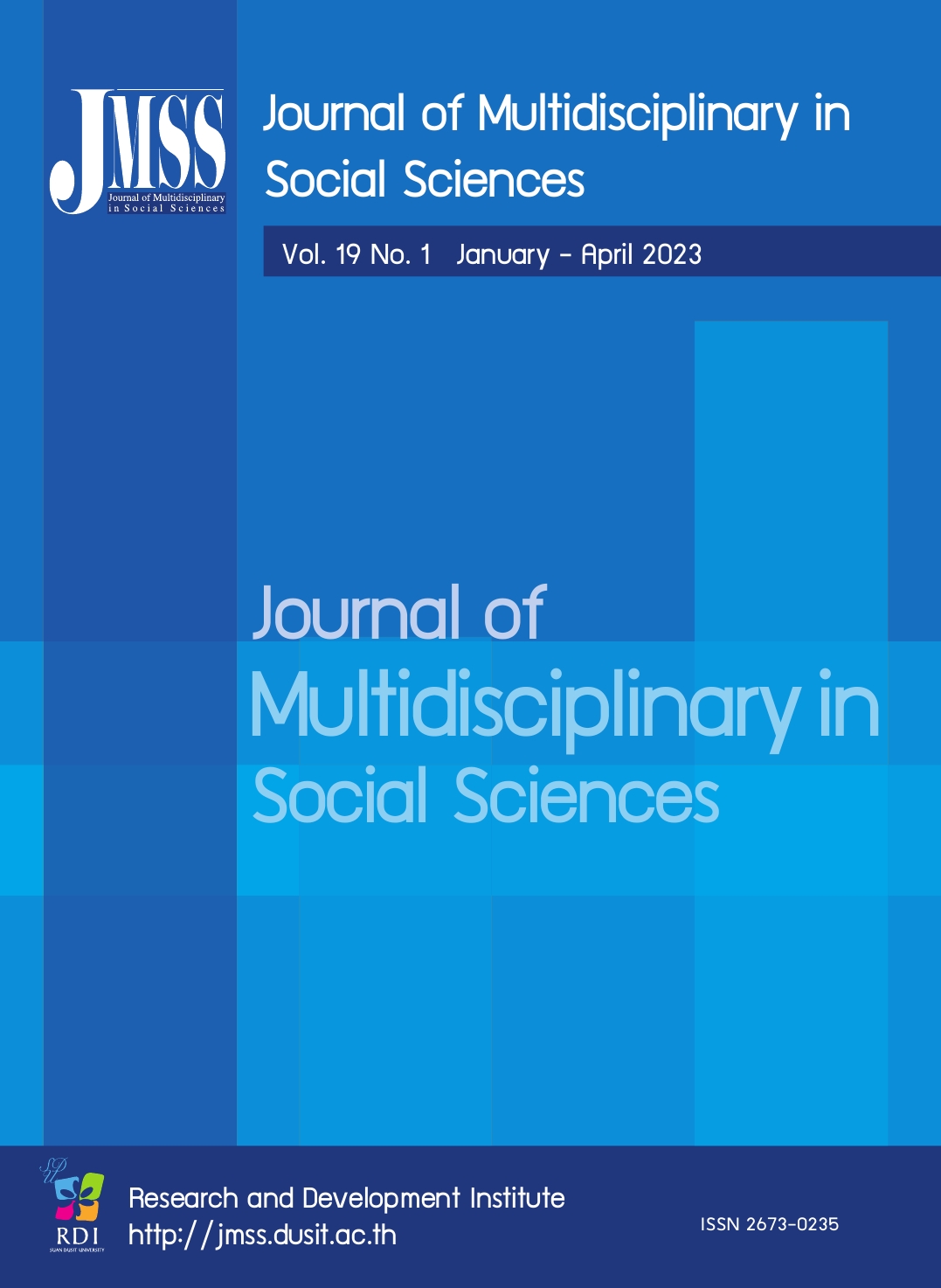Gender and Sports: The Experiences of Filipino Coaches
Keywords:
Gender, Sports, Coaching, Filipino, ExperiencesAbstract
Coaching plays a vital role in the development of student-athletes physically and psychologically. It is a multi-task responsibility that helps coaches evolve to become more pedagogical, sensitive, and technical in the needs of the program and of the student-athletes. Coaches fulfill the roles of a teacher, parent, mentor, competitor, friend, and guidance counselor. The present study described the lived experiences of Filipino school coaches in coaching student-athletes. The study used a qualitative descriptive approach for data collection and analysis. Data was collected using a semi-structured interview questionnaire. During the interview, eight (8) participants were engaged in semi-structured interviews in which they described their personal experiences in sports coaching. Three (3) recurring themes were seen across responses: (1) Gender and Coaching: Holistic Approach, (2) Gender and Relationship: Finding Self-worth, and (3) Gender and Discrimination: Foul Ball. Each main theme is supported by sub-themes that further explained the perspective and role of the sport’s coach. The study concluded that gender-sensitive coaching standards must contain unique features that would help coaches become reliable and respectful in the field of sports. This study can be used by future researchers in conducting research that focus on gender equality in sports.
References
Acosta, R. V., & Carpenter, L. J. (2010). Women in intercollegiate sport: A longitudinal, thirty-one year update-1977-2010. Unpublished manuscript, Brooklyn College, Brooklyn, New York.
Anderson, E. D. (2009). The maintenance of masculinity among the stakeholders of sport. Sport Management Review, 12(1), 3-14.
Bjørndal, C. T., & Gjesdal, S. (2020). The role of sport school programmes in athlete development in Norwegian handball and football. European Journal for Sport and Society, 17(4), 374-396.
Camiré, M., Trudel, P., & Forneris, T. (2012). Coaching and transferring life skills: Philosophies and strategies used by model high school coaches. Sport Psychologist, 26(2), 243.
Creswell, J. W. (2007). Qualitative inquiry and research design: Choosing among five approaches (2nd ed.). SAGE.
Eagly, E.H., & Karau, S.J. (2002). Role of congruity theory of prejudice towards female leaders. Psychological Review.
Felton, L. & Jowett, S. (2013). “What do coaches do” and “how do they relate”: their effects on athletes’ psychological needs and functioning. Scandinavian Journal of Medicine & Science in Sports, 23(2), 130-139.
Gender Equality in Sport Proposal for Strategic actions 2014- 2020. (2014). European Commission on Sports.
Huyton, V. (2019). Achieving gender equality in high performance coaching in athletics in Europe. European Athletics.
Iannotta, J., & Kane, M. J. (2002). Sexual stories as resistance narratives in women's sports: Reconceptualizing identity performance. Sociology of Sport Journal, 19(4), 347-369.
Keyes, CL. (1998). Social well-being. Social Psychology Quarterly 61.
Keyes, C. L. (2005). The subjective well-being of America’s youth: toward a comprehensive assessment. Adolescent and Family Health.
Kroshus, E., Chrisman, S. P., Coppel, D., & Herring, S. (2019). Coach support of high school student-athletes struggling with anxiety or depression. Journal of Clinical Sport Psychology, 13(3), 390-404.
Krane, V. & Barber, H. (2005). Identity tensions in lesbian intercollegiate coaches. Research Quarterly for Exercise and Sport, 76(1), 67-81.
Krane, V. (1996). A feminist perspective on sport psychology research. The Sport Psychologist, 8(4), 393-410.
Miller, G. A., Lutz, R., & Fredenburg, K. (2012). Outstanding high school coaches: philosophies, views, and practices. Journal of Physical Education, Recreation & Dance, 83(2), 24-29.
Norman, L. (2015). The coaching needs of high-performance female athletes within the coach-athlete dyad. International Sport Coaching Journal, 2(1), 15-28.
Pierce, S., Erickson, K., & Dinu, R. (2019). Teacher-coaches’ perceptions of life skills transfer from high school sport to the classroom. Journal of Applied Sport Psychology, 31(4), 451-473.
Sartore, M. & Cunningham, G. (2009). Gender, sexual prejudice and sport participation: implications for sexual minorities. Sex Roles, 60(1), 100-113.
Suggs, W. (2005). A place on the team: the triumph and tragedy of Title IX. Princeton, NJ: Princeton University Press.
Sundberg, J. (2016). Coaching excellence-best practices of expert’s athletic coaches. Pepperdine University.
Szabo, A. S. (2012). What is the meaning of sport coaching? (Expectations, possibilities, realities). Sport Scientific & Practical Aspects, 9(2), 39-44.
Trikojus, T. (2003). Coaching styles. Canberra, Australia: Video Education Australasia.
Vallée, C. N., & Bloom, G. A. (2005). Building a successful university program: Key and common elements of expert coaches. Journal of Applied Sport Psychology, 17(3), 179-196.
Villalon, C. A., & Martin, S. B. (2020). High school coaches’ coaching efficacy: relationship with sport psychology exposure and gender factors. Journal of Applied Sport Psychology, 32(1), 64-80.
Whelehan, I. (1995). Modern feminist thought: From the second wave topost-feminism. NYU Press.
Wolf-Wendel, L.E., Toma, J.D., & Morphew, C.C. (2001). How much difference is too much difference? Perception of gay men and lesbians in intercollegiate athletics. Journal of College Student Development, 42(5), 465-478.
Downloads
Published
How to Cite
Issue
Section
License

This work is licensed under a Creative Commons Attribution-NonCommercial-NoDerivatives 4.0 International License.








